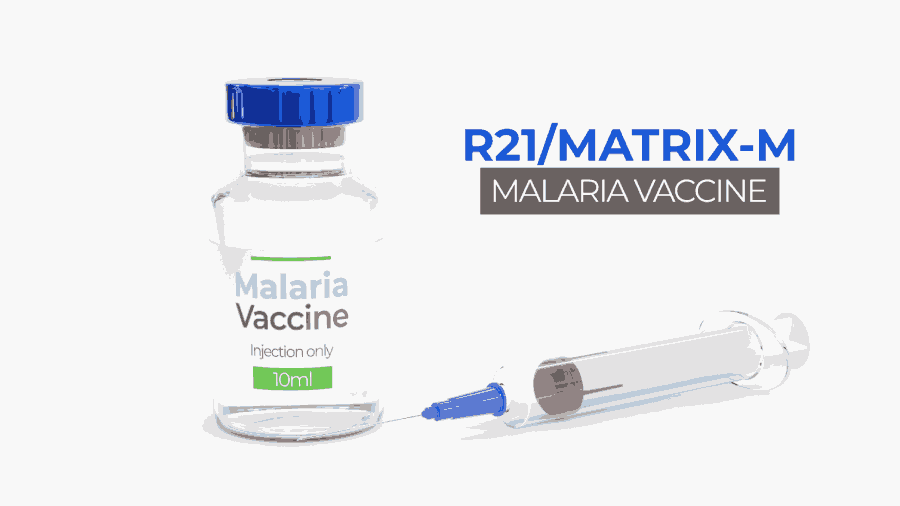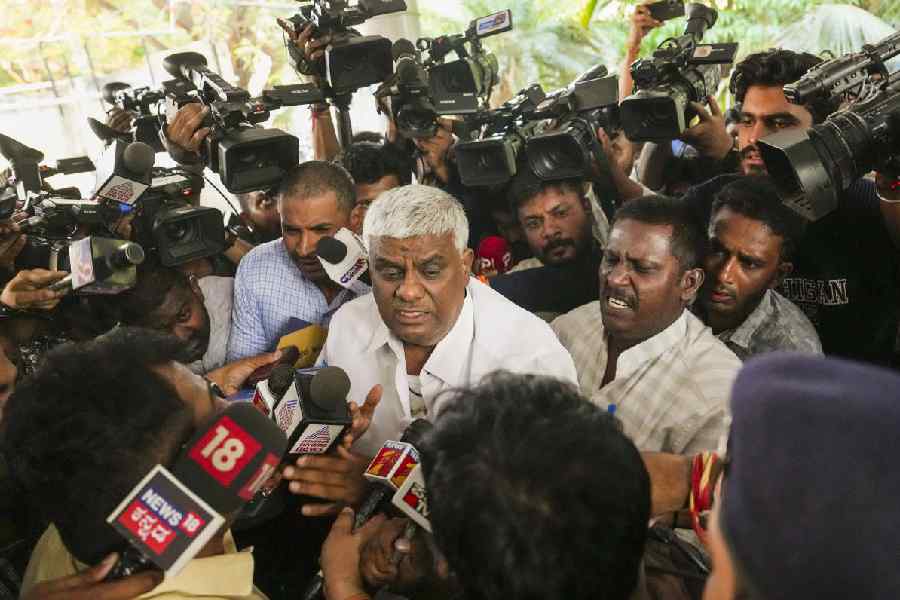In Bengali there is a saying that translates thus — to kill a mosquito, fire a canon. Though Ronald Ross spoke of fighting malaria from the platform of public health, since the late 20th century to now, billions of dollars have been spent by the First World for that elusive all-conquering malaria vaccine. The female anopheles, whose bite causes malaria, is all of 5mm in length. The hardiest variety has a lifespan of little more than 10 days. But here's the kind of havoc it is capable of wreaking. In 2020, there were 241 billion cases of malaria worldwide. The worst affected is sub-Saharan Africa. It accounts for more than 90 per cent of all malaria cases and deaths. And almost 80 per cent of the dead are children.
State of nature
The earliest chunk of malaria-related research and writings was produced possibly in the 19th century. It had to do with the spread of colonialism. A disease is not a disease, certainly not worthy of attention, till it has the most powerful of mankind writhing in its fatal grasp. But naturally the consequent scholarship came laden with racist tropes and theories. The colonists argued that the people of the tropics with their "thick, oily skin" and dark colour were inherently immune to the disease. Thomas Wilson wrote in An Enquiry into the Origin and Intimate Nature of Malaria (1858), "Men in a state of nature seem to resist malaria." In his book Malarial Subjects, Rohan Deb Roy cites a report wherein a British medical officer is quoted as saying in the early 1900s, “Malarial parasites were as natural amongst primitive races as flea infestation is to a dog”.
Greater good
The passage of two centuries has not changed that kind of mindset if you look closely; only now it is dressed up in evangelist purposefulness. Last week, the R21/Matrix-M vaccine got the approval of Ghana's Food and Drugs authority for use in children, between five and 36 months. The first malaria vaccine to be approved, however, was Mosquirix in 2022. The efficacy of Mosquirix is 60 per cent, while that of R21 is 77 per cent. Before these there were failed vaccines — SPf66, CSP, NYVAC-Pf7, NANP. The R21 trials happened in the West African nation of Burkina Faso. In 2019, the World Health Organization or WHO, initiated vaccine trials of Mosquirix in Kenya, Ghana and Malawi for children. Bioethicists criticised these on the grounds that the WHO relied on the “implied as opposed to the formal consent of parents”. It was pointed out that while malaria cases decreased, there were undesirable side effects. Vaccinated children were more likely to develop meningitis. The failed vaccines also had controlled trials in Africa, Asia and South America.










